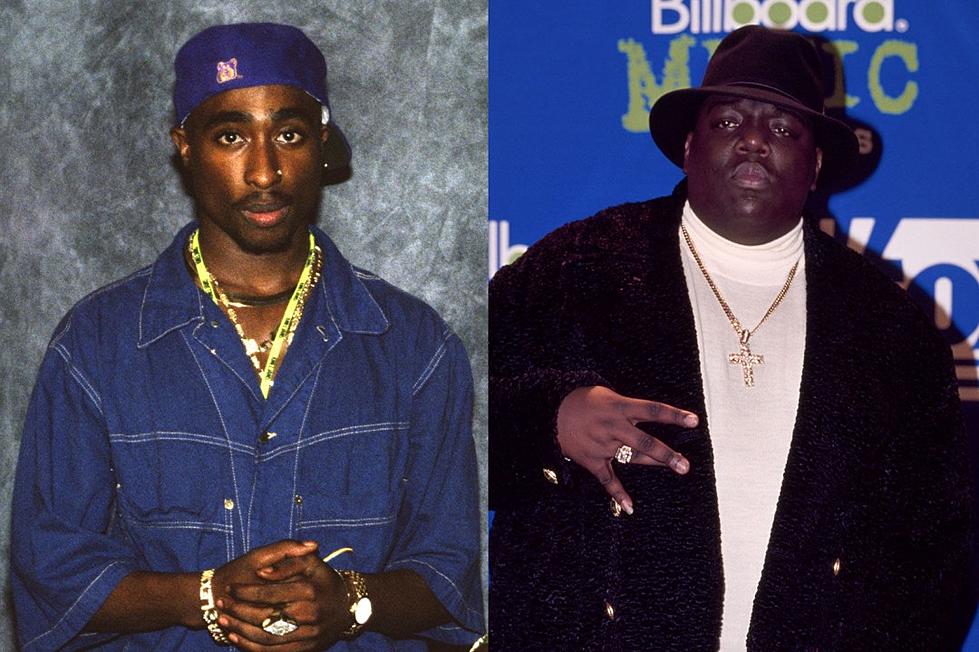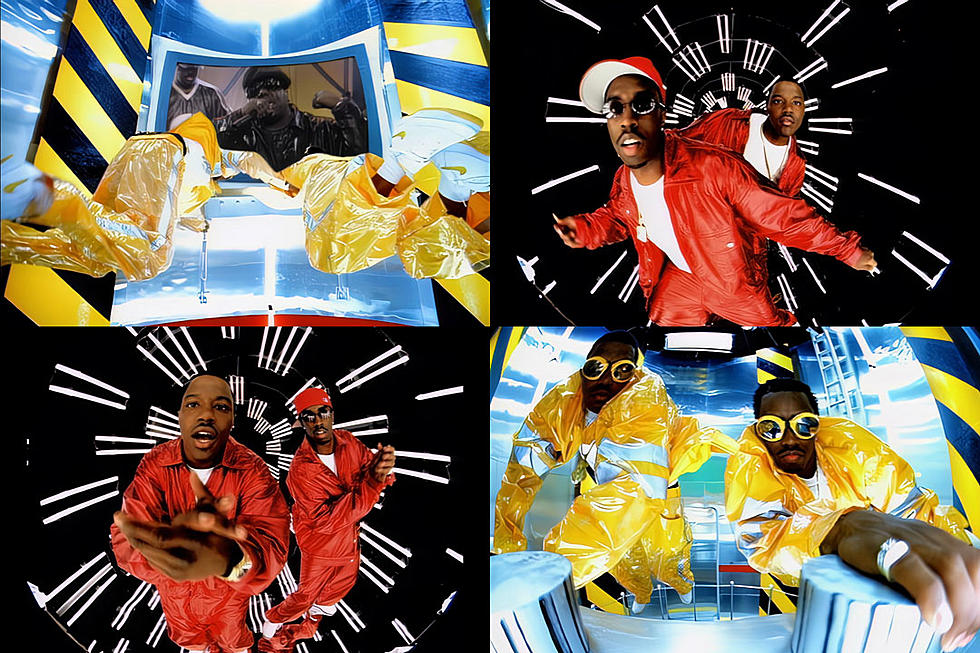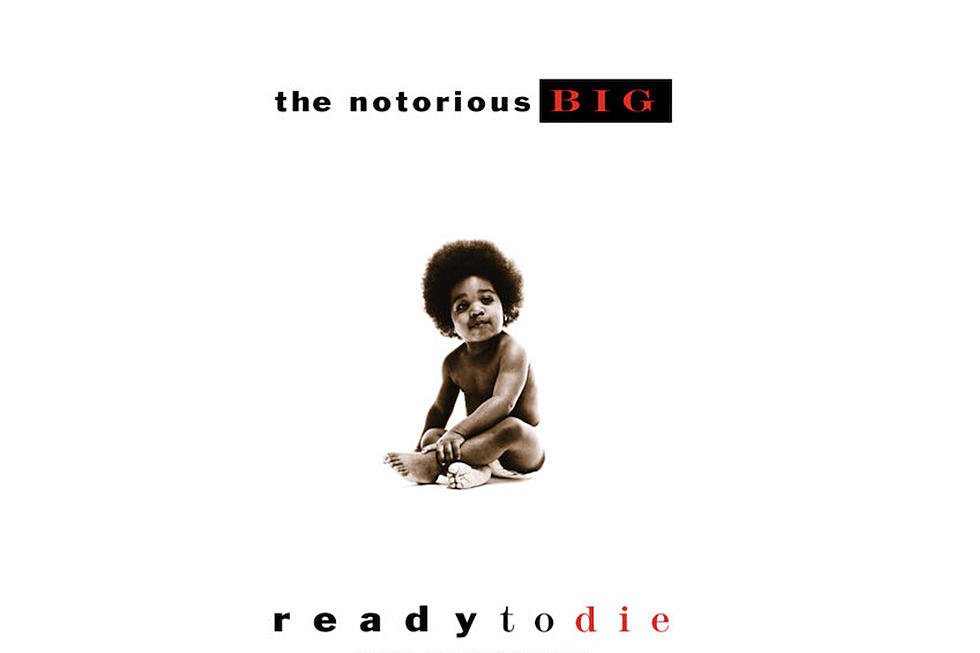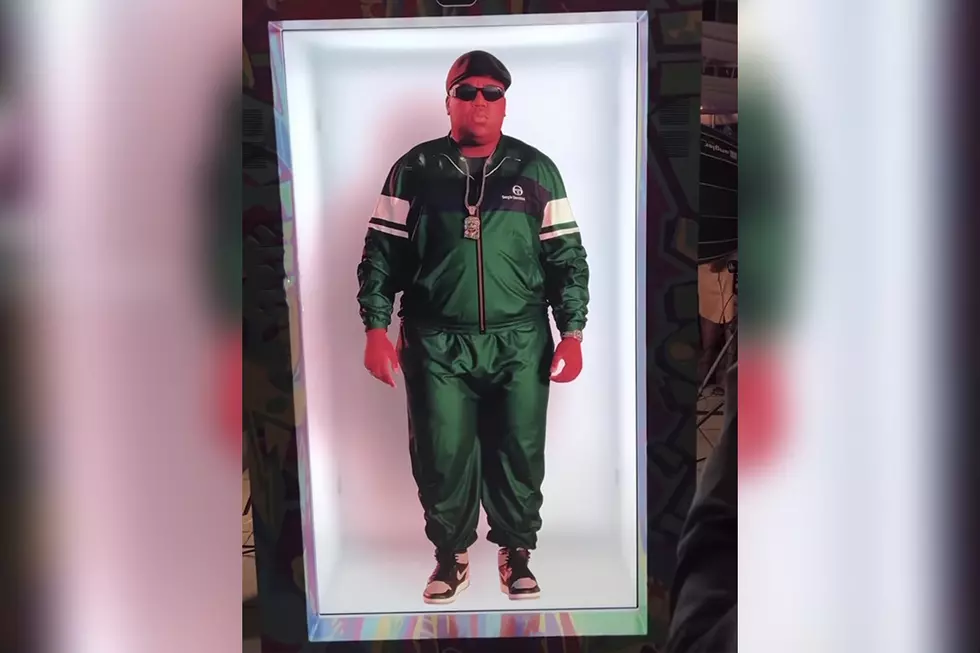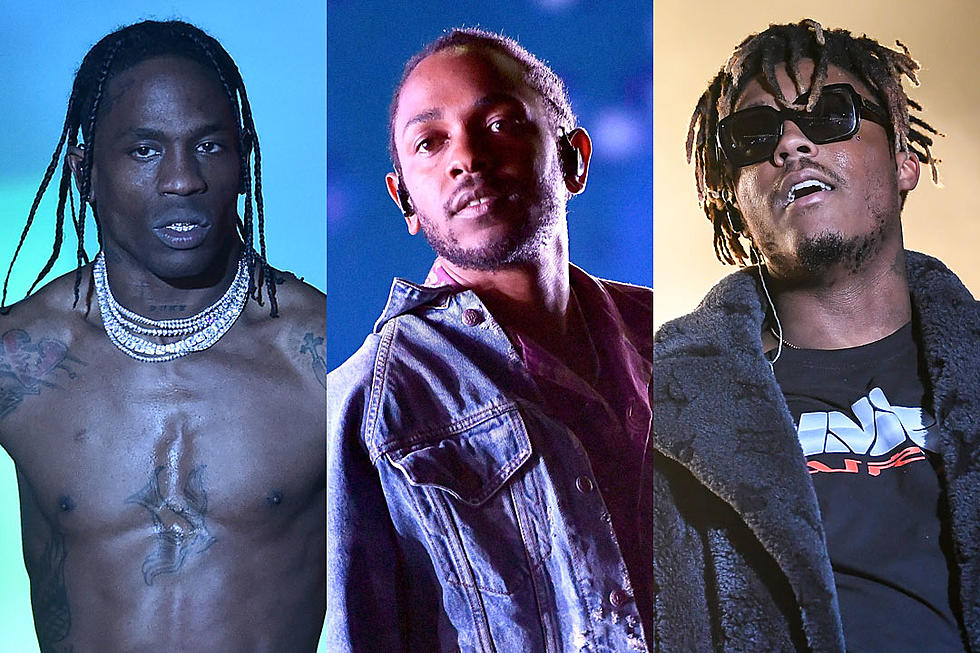LINK: NYMag Reviews The Biggie Movie Script
 After being delayed several times and changing directors, the Biggie biopic Notorious finally seems to be in production. New York Magazine got their hands on the 113-page script, which was written by veteran music journalist Cheo Hodari Coker (who also wrote the Biggie biography Unbelieveable), but the verdict does not seem to be a positive one. In a review posted in their Vulture blog, they claim that the script falls flat because it tries to pack Big's entire life into 2 hours, rather than focusing on a short period of his life, like other biopics have done (i.e. 8 Mile). Or, in other words, they say that it "plays like a loose-knit highlight reel; it's basically the screenplay adaptation of Biggie's Wikipedia entry." For more details on what the script covers, check out this excerpt from the review:
After being delayed several times and changing directors, the Biggie biopic Notorious finally seems to be in production. New York Magazine got their hands on the 113-page script, which was written by veteran music journalist Cheo Hodari Coker (who also wrote the Biggie biography Unbelieveable), but the verdict does not seem to be a positive one. In a review posted in their Vulture blog, they claim that the script falls flat because it tries to pack Big's entire life into 2 hours, rather than focusing on a short period of his life, like other biopics have done (i.e. 8 Mile). Or, in other words, they say that it "plays like a loose-knit highlight reel; it's basically the screenplay adaptation of Biggie's Wikipedia entry." For more details on what the script covers, check out this excerpt from the review:
It opens with his murder and funeral, then doubles back to his Brooklyn childhood. We get a few scenes of Biggie at home, in the classroom, and on the corner dealing crack; there are some rap posters in his bedroom, and we see him fill a rhyme book during a nine-month prison sentence, but there's no real explanation given for how he went from enthusiastic fan to one of hip-hop's all-time most revered emcees. Nevertheless, by page 30, he's signed to Puffy's label, and from there it's a mad, tensionless dash to the end of his biography, with all emerging conflicts — his mom's breast cancer, baby-mama drama, various love triangles (Biggie, Faith Evans, Lil' Kim; Biggie, Evans, Tupac) — resolved within a scene or two.
Notorious was purportedly written with input from Biggie's mom, Voletta Wallace, and his managers Wayne Barrow and Mark Pitts, all of whom are credited producers on the project. This much is clear in the way that many of Biggie's most important moments are told after the fact through his conversations with them; we only learn about Biggie's marriage to Evans when he tells Barrow and Pitts about a month later (though, curiously, we're there when he asks them both to be his managers), and it's only in phone calls with his mother that he denies involvement both times Tupac gets shot.
No killer is explicitly fingered in Biggie's own death either (understandably, we guess); the script makes clear that we never see the shooter's face. We do, however, see him in a garage cleaning and oiling his weapon in preparation. He has police scanners on his workbench and in his car, along with LAPD credentials on his dashboard that lets him drive past a police blockade on his way to the murder, though there's no speculation on who he is or who he might've been working for.
CLICK HERE to read NYMag's full review.
More From XXL
